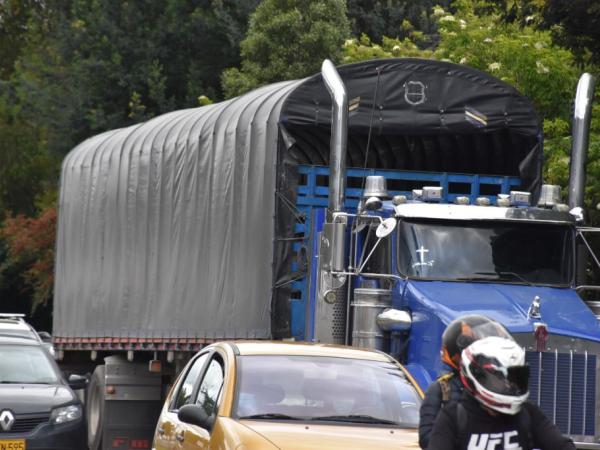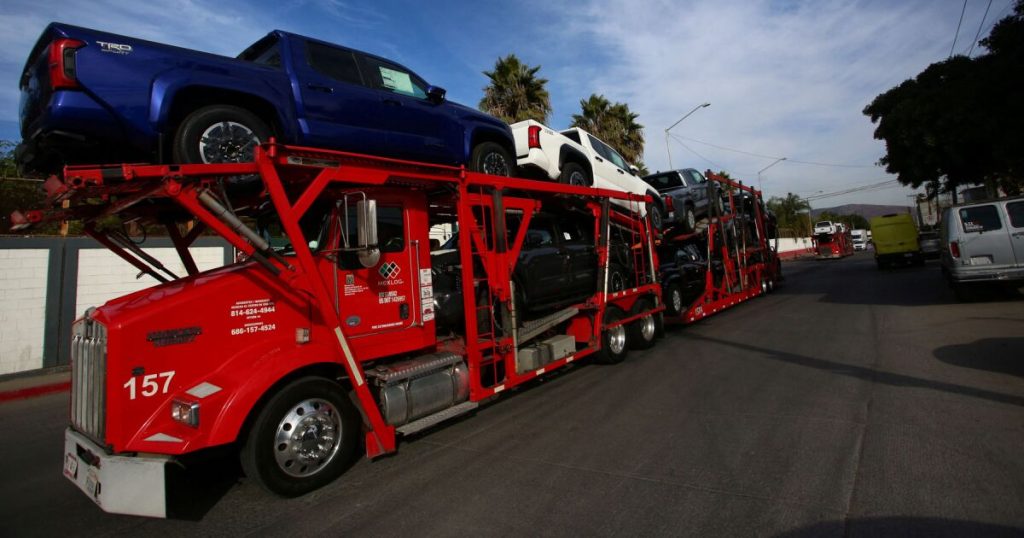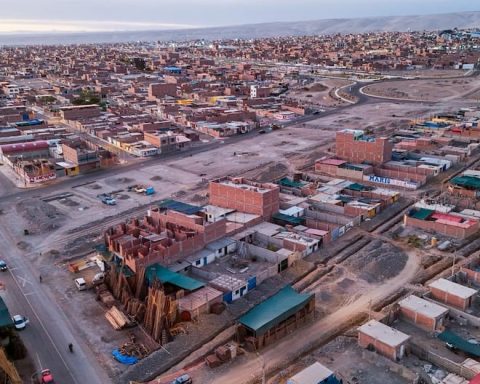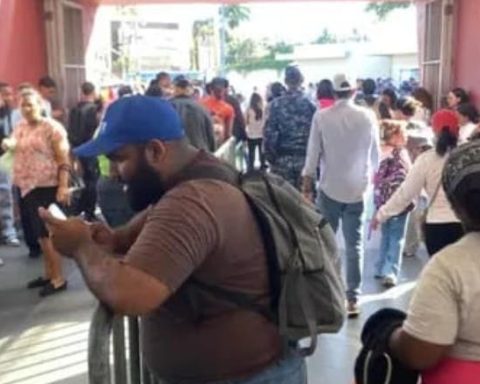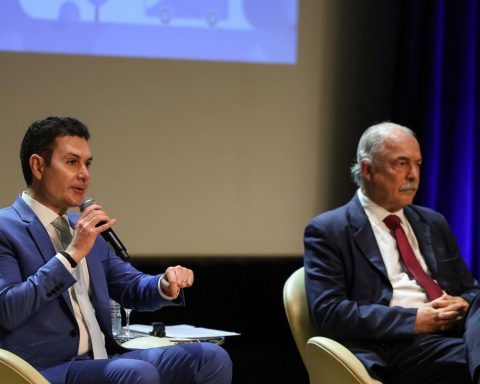In the first days of the year, information emerged that the country could face a new day of trucker strikea situation that generated uncertainty in various economic and social sectors. However, The main transport union associations were in charge of denying such statements.ensuring that, although some disagreements persist with the Government regarding previous commitments, there is no formal call to cease activities.
You can read: Land cargo transportation estimates to grow 4.3 per year until 2027
The first official statement was made by the Association for the Comprehensive Development of Intermunicipal Land Transport (Aditt), which through a statement made it clear that it would not join the alleged strike announced by certain groups of transporters. According to the organization, intermunicipal passenger transportation operates normally throughout the country, despite the difficulties faced by the sector.
“Although the impact of the increase in toll prices and possible future increases in fuel directly affects the cost of tickets, we have decided not to join the strike. “This position seeks to minimize the negative effects on the mobility of citizens during the high season and keep the channels of dialogue open with the national government,” explained José Yesid Rodríguez, president of Aditt.
For their part, cargo transporters also ruled out the possibility of a cessation of activities. Representatives of the main business associations in the sector issued a message similar to that of Aditt, emphasizing that the information about a strike does not correspond to a union call, but to isolated demonstrations.
“The leaders of the main trucking associations that participated in the September strike and signed an agreement with the Government have denied the existence of a new strike. “The videos circulating on social networks correspond to individuals who act independently and without the support of any recognized organization,” union spokesmen said.
However, some internal voices within the sector have expressed their discontent with the Government’s handling of the agreements. Although the largest associations have chosen to avoid direct confrontation, Independent transporters maintain that unfulfilled promises justify more urgent dialogue and protest actions.
You can also see: With more trucks and less merchandise, the sector is going through financial difficulties
Cargo transportation
SuperTransport
“This does not mean that there is no disagreement. The announcement by the Minister of Finance about the increase in the price of ACPM for this year contradicts what was agreed in September. In addition, there are vehicle owners who have handed over their vehicles for scrapping, but have not received the corresponding payments. Several commitments made by the Ministry of Transportation have also not been fulfilled,” explained a union leader who preferred to remain anonymous.
Who is protesting and why?
Independent transporters, far from the large unions, are those who have shown a greater willingness to demonstrate. According to them, The difficulties facing the sector are not being addressed with sufficient speed or depth, leaving small transporters in a vulnerable situation.
“It is easy to negotiate from a desk with the Government, but the big unions do not know the reality we face on the roads. “Our business is going through problems that no one recognizes, and if we do not stand up as independent against business monopolies and a Government that does not listen, no one will do it for us,” expressed a transporter leader from Santander.
The main concern lies in the economic impact of increases in fuel prices, particularly ACPM. This increase directly affects the profitability of cargo transportation and puts small transporters at a disadvantage compared to large companies in the sector, they say. Added to this is the cost of tolls, which remains a significant burden for those operating on long-haul routes.
What have they not accomplished?
Alfonso Medrano, president of the Colombian Association of Truckers (ACC), explained that the differences between transporters and the Government focus on four specific points: the increase in the price of diesel, progress in the implementation of the Efficient Cost System for the Automotive Freight Transport (Sicetac), the pending payments for the renewal of the vehicle fleet and the application of the “one to one” scheme.
In the negotiations held last September, A schedule of 18 meetings was agreed between the parties to follow up on the commitments made. However, Medrano indicated that to date only one meeting has been held, on November 22, and no new meetings have been scheduled. This has generated discomfort among transporters, who consider that the dialogue with the Government has cooled down.
Regarding the increase in the price of diesel, transporters insist that the two increases agreed in September be respected and new adjustments be ruled out during the year. Besides, have requested to review the formula used to calculate the price of fuel, arguing that it is necessary to establish a more balanced scheme that benefits both the sector and the national economy under the ‘Formula Colombia’ model.
Also see: Contractual increase in eight tolls is postponed for six months. How are the readjustments?

Bogotá September 3, 2024. Blocked in the Trucker Strike on Carrera 7 with Calle 173, about 200 vehicles including dump trucks, trucks, special services block two of the three lanes.
Milton Díaz / CEET
Regarding Sicetac, transporters have stated that progress in its implementation is insufficient. This system, which seeks to establish fair rates for cargo transportation services, It is seen as a key tool to improve the competitiveness of the sector and guarantee equitable conditions for all actors.
On the other hand, the delay in payments for the renewal of the vehicle fleet has generated frustration among those who handed over their vehicles for scrapping, a process that seeks to modernize the vehicle fleet and reduce polluting emissions. According to transporters, disbursements by the Government have been slow and inconsistent, affecting confidence in the program. According to his calculations, there are $700,000 million still.
Finally, the “one to one” scheme, which establishes that for every new vehicle registered an old one must be removed, has also raised concerns. Independent transporters have indicated that current conditions make it difficult to comply with this requirement, which limits their ability to renew vehicles.
Despite the tensions, the main transport unions have reiterated their commitment to dialogue as the main way to resolve conflicts. For their part, independent transporters insist on the need for their demands to be heard and addressed in a timely manner.
PAULA GALEANO BALAGUER
Portfolio Journalist
